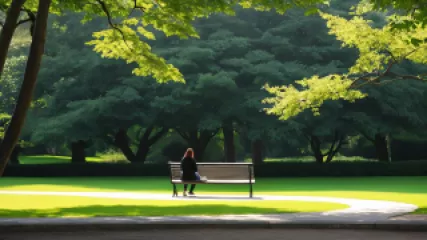How Parental Influence Shapes Personality: An Interview with a Child Psychologist
1 year ago
Parental Influence on Personality
Navigating Change: A Step-by-Step Guide to Building Resilience
1 year ago
Coping with Change
10 Best Work Life Balance Programs to Boost Productivity
1 year ago
Work Life Balance
Groundbreaking Research: Effective Bullying Prevention Strategies
1 year ago
Bullying Prevention
My Journey Building Resilience as a Child
1 year ago
Childhood Resilience Building
How to Overcome Creative Blocks: A Step-by-Step Guide
1 year ago
Overcoming Creative Blocks
How Does Psychology Influence Decision Making?
1 year ago
Psychology of Decision Making
Overcoming Victim Mentality: Powerful Lessons from the Movie 'The Shawshank Redemption'
1 year ago
Overcoming Victim Mentality
A Step-by-Step Guide to Personal Values Clarification
1 year ago
Personal Values Clarification
My Journey to Becoming a Life Coach: The Unexpected Benefits
1 year ago
Life Coaching Advantages
Reclaiming My Personal Space: A Journey of Self-Discovery
1 year ago
Personal Space Importance
The Overlooked Superpowers of Sports Psychology
1 year ago
Psychology Of Sport
Boosting Child Resilience: An Interview with a Child Psychologist
1 year ago
Child Resilience Building
My Journey to Verbalizing Emotions Accurately
1 year ago
Expressing Feelings Effectively
How to Incorporate Drama Therapy Activities into Your Mental Health Routine
1 year ago
Drama Therapy














